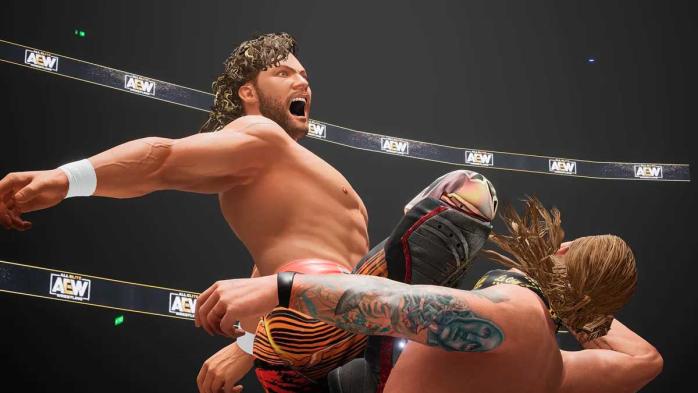
Welcome to the English version of Solowrestling Read more

Welcome to the English version of Solowrestling Read more


AEW Fight Forever arrived in the market in 2023 surrounded by anticipation, but soon became one of the biggest disappointments in the wrestling gaming scene. Now, Justin Leeper, one of the developers involved in the project, has given his version of what happened.
In statements to Mic Check, Leeper explained that the process was very different from his previous work on SmackDown vs. Raw. AEW acted as a licensee with a very active role, and a good part of the creative coordination went through Kenny Omega. The wrestler was described as an open-minded leader willing to collaborate, with a clear vision but also willing to listen. "He earned a lot of respect from me. He has a strong vision like Hideo Kojima, but knows when to rely on others," Leeper pointed out.
However, behind that good creative dynamic, the development was plagued with difficulties. Leeper acknowledged that making a video game is always chaotic, and in this case the absence of a major publisher like THQ or 2K complicated decisions, budget, and long-term planning. "A good game that actually gets released is almost a miracle," he summarized.
Leeper himself had to take on unexpected tasks: he wrote and programmed the story mode in ten months, did motion capture sessions, and even learned to implement cinematics in Unreal Engine. All of this with a tight budget that, as he admits, made the project feel "almost like an indie game."
Although he is proud of having brought the title to completion, he admits that it did not reach the same level as his previous work for WWE. The result was a game with less depth and replayability than expected for a $60 product, which marked its commercial fate. "I don't think we offered all the longevity that people were looking for, and that's why it failed," he concluded.
AEW Fight Forever remains as an ambitious experiment that failed to meet expectations. The contrast with the WWE sagas, backed by major publishers, reflects how difficult it is to compete in a market where resources and planning make the difference.